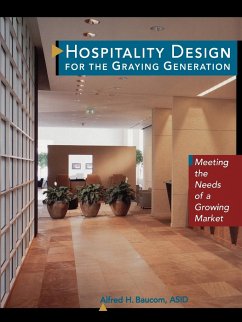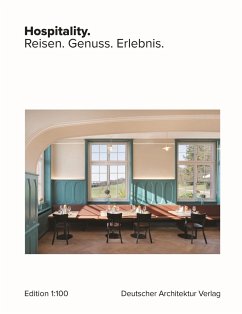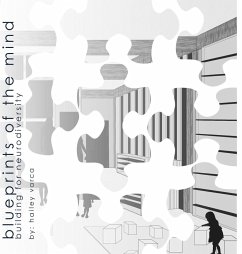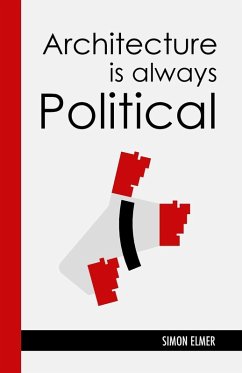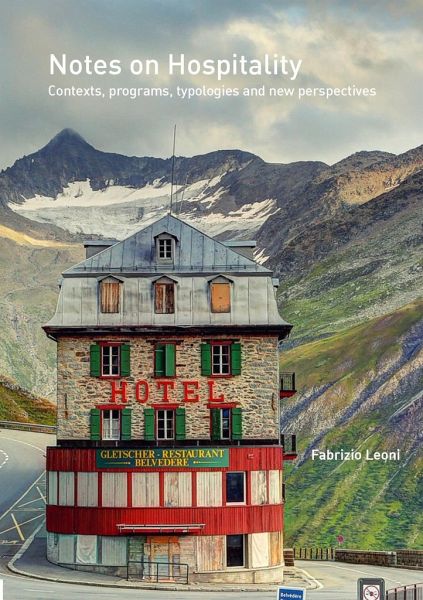
Notes on Hospitality
Contexts, programs, typologies and new perspectives
Versandkostenfrei!
Versandfertig in 1-2 Wochen
29,99 €
inkl. MwSt.

PAYBACK Punkte
15 °P sammeln!
Hospitality and Tourism, like many industrial activities, with their integrated offer of a multidimensional program, are framed as disruptive industries. As an organized activity, such an industry exploits a "starting capital" - natural, historical, cultural - available in a territory, and it is disruptive in its double negative / positive polarized meaning of "causing problems and thus preventing something from continuing as usual" versus "changing the traditional way an industry operates, especially in a new and effective way". Intuitively, the physical consequences of implementing its spati...
Hospitality and Tourism, like many industrial activities, with their integrated offer of a multidimensional program, are framed as disruptive industries. As an organized activity, such an industry exploits a "starting capital" - natural, historical, cultural - available in a territory, and it is disruptive in its double negative / positive polarized meaning of "causing problems and thus preventing something from continuing as usual" versus "changing the traditional way an industry operates, especially in a new and effective way". Intuitively, the physical consequences of implementing its spatial demands are immediately visible wherever such transient or permanent activities occur. Which typologies host which programs and in which locations are some of the underlying questions. This book outlines an evolutive timeline of contexts, programs, typologies, and some new perspectives of the many directions of design research dedicated to the broad concept of Holidays, schematically organized in five different stages: > The Silk Roads. Caravanserai. Traffic and trade routes. > European elites. Grand Hotel and spa tourism. The holidays come into play. > Recreation as a Political Manifesto. Tourism in planned economies. > After the Second World War. Mass tourism. Holidays as a commodity. > Contemporary trends.



